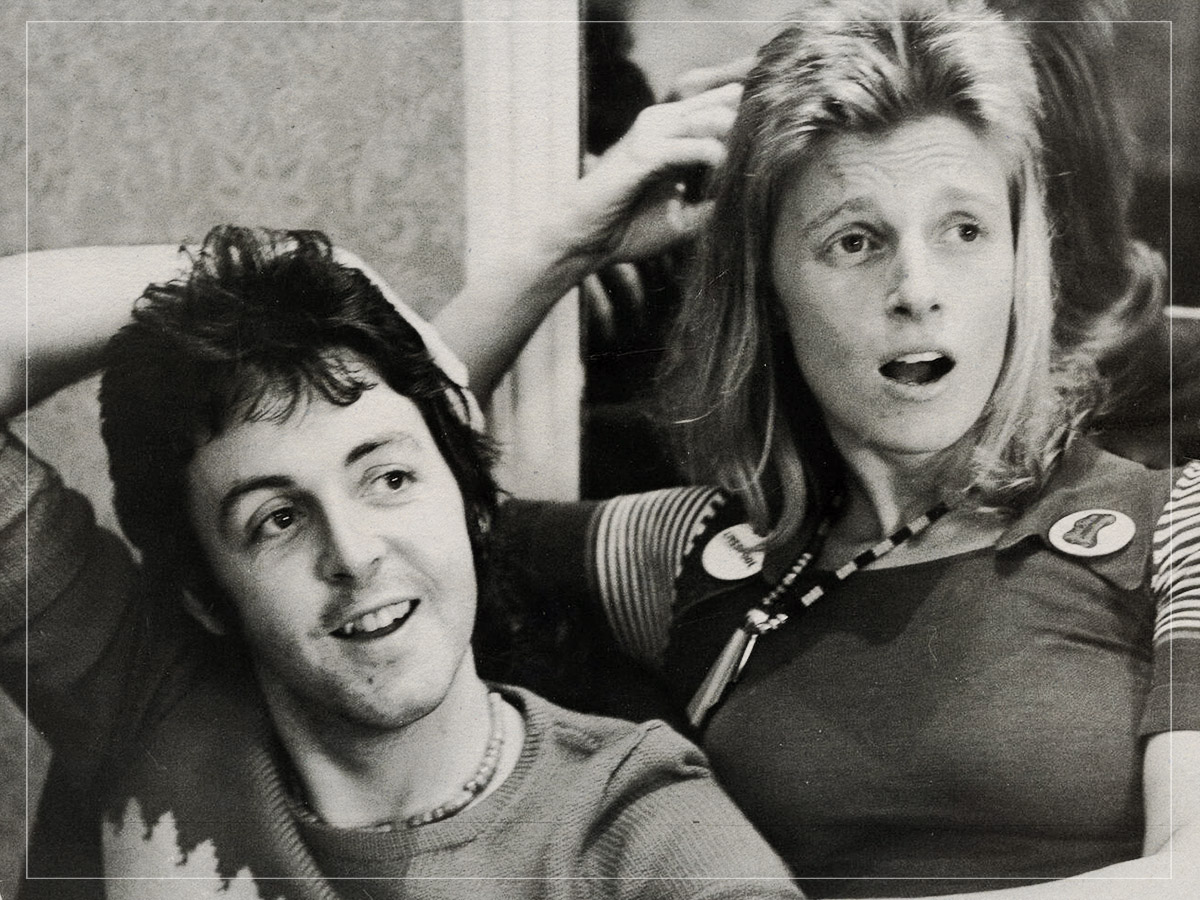Any artist can look at their body of work after a while and see a few tunes that could have been better. It’s impossible for someone to have a spotless track record whenever they walk into the studio, and the more that someone stays in the public eye, the more likely they are to come out with a record that doesn’t manage to stick the landing as well as their other classics. While Elton John has had his fair share of moments where things didn’t work out, the good far outweighs the bad, looking at his prolific run in the 1970s.
While it took John and Bernie Taupin a few years to get their songs off the ground, their run of classics belongs in the same category as other legendary acts like Stevie Wonder and The Rolling Stones. Whether it was Honky Cheteau, Madman Across the Water, or Goodbye Yellow Brick Road, there was a certain synergy whenever they went into the studio, but it’s easy to get into that position and start feeling stuck as well.
The entirety of Goodbye Yellow Brick Road gave everyone a good look at how many directions he could go in over the course of one album, but one can only handle so much glamorous rock and roll at a time. John knew that there had to be different periods where he could recuperate, but that didn’t mean he stopped listening to music during that time, either.
Compared to other fairweather musicians, John was absolutely obsessed with everything he could get his hands on, and whether that was listening to his contemporaries like David Bowie or T Rex or later shouting the praises of Eminem, he was more than willing to talk about whatever was playing throughout his house. But he made a grave error when thinking that his next move should be disco.
Then again, it’s easy to see a dance record somewhat working for John. He was far from the kind of person to cut a rug onstage or anything, but given how much of his music returned to the campiness and glamour of the late 1970s, hearing him channel his inner Donna Summer should have been fun while it lasted. But with one listen to Victim of Love, it was abundantly clear that he was in for the same flogging Rod Stewart got when he put it out.
There might have been the odd album that didn’t go over as well as John had hoped, but he felt that his discography might have been better if this record was never made, saying, “I don’t really understand it very much, and I just think it’s dangerous to jump on a bandwagon if you haven’t got someone who knows what they’re doing. I once did an album of disco songs called Victim of Love, which was leaping on a bandwagon that was already dying. After that, I thought, I’m just gonna stick to what I do best.”
That didn’t mean he stopped being a fan of electronic music, though. Throughout the years, he would shout his praises for bands like Pet Shop Boys, and when everyone was freaking out over the fantastic music he wrote for The Lion King, John was far more interested in shouting the praises of what bands like The Prodigy were doing by bringing rock and roll imagery to electronic music on ‘Firestarter’.
In fact, out of all of John’s collaborations with newer artists, hearing his appearance on a Gorillaz album might be the most tasteful way for him to be incorporated into something more digitally enhanced. The idea of having both him and 6lack on the same track may have seemed crazy at the time, but it turns out that John took all of those being a voyeur into electronic music and found a new way to make the magic happen.






